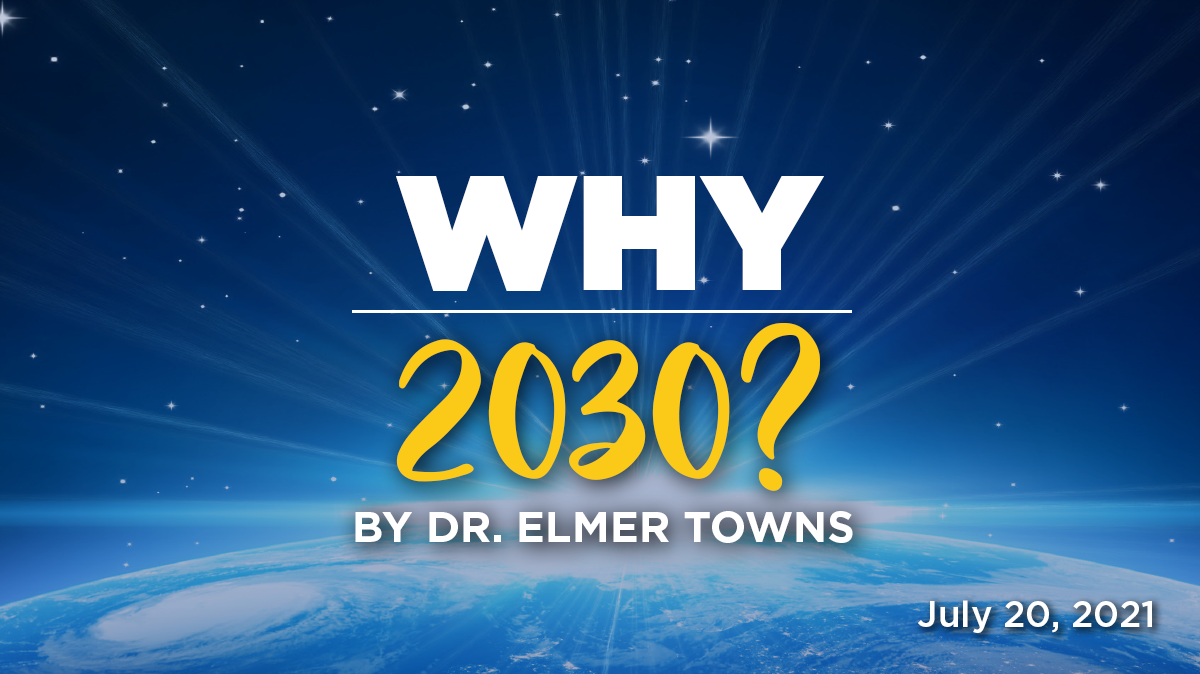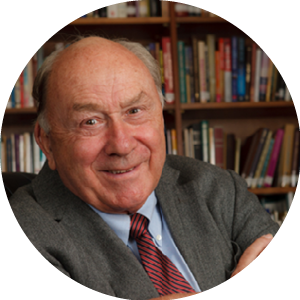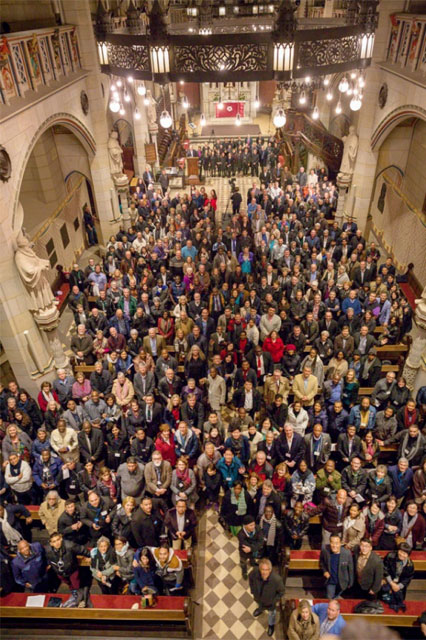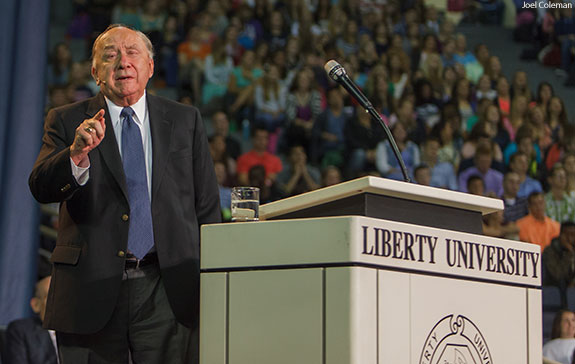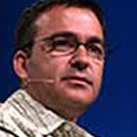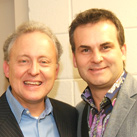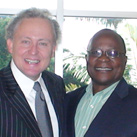No one knows when Jesus will return. Even Jesus Himself said the only One to know was “the Father” (Matthew 24:36). Like the popular television program Father Knows Best, at the “perfect” time the Father will turn to Jesus and say, “Go get Our children.”
Perhaps the time Jesus will return is the same as for the timing for His first arrival: “When the fullness of the time had come, God sent forth His Son” (Galatians 4:4). Jesus will return, not when humans predict, but when the Father chooses the fullness of time for Him to come the second time.
Is that “time” a calendar date? Probably any human’s guess won’t come close.
Is that “time” when the “Omegan” is won to Christ? The title “Omegan” comes from Alpha and Omega, i.e., the first and last. So, the last one to get saved before Jesus returns is an individual—called an Omegan, whether man, woman or child—who lives in that last unevangelized tribe of ethnic people.
Is that “time” when the Scriptures are transcribed into the last language of an unevangelized ethnic group of people? Is this the production of Bible portions into the language of a previously unreached people group? Does that new translation of Scripture represent a corporate evangelistic proclamation to the last tribe?
The Global Church Network is not setting dates. We simply read the facts of Scripture and try to be obedient to Jesus’ last command, the Great Commission, to do all we can—as diligently as we can—as soon as we can—to reach as many as we can with the gospel. We will do this, then pray with John, “Even so, come, Lord Jesus” (Revelation 22:20).
The 2000th birthday of the Church will either be the greatest celebration or greatest condemnation. It will be an amazing celebration if we can say to our Lord, “All of the ethnic groups now have access to the Gospel!” It will be a gloomy condemnation if we say, “Lord, we are now 2,000 years old, but the Great Commission is still not done!”
